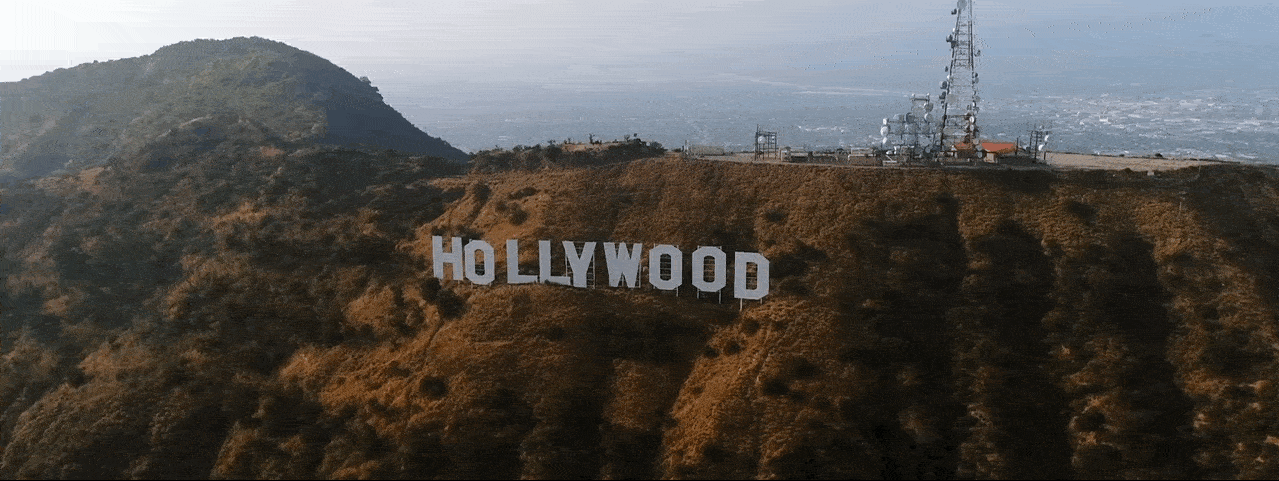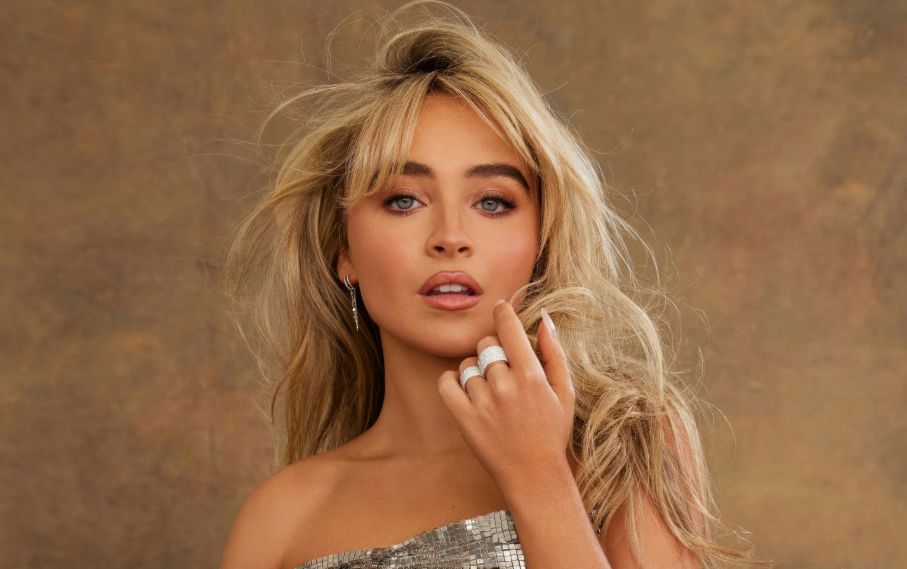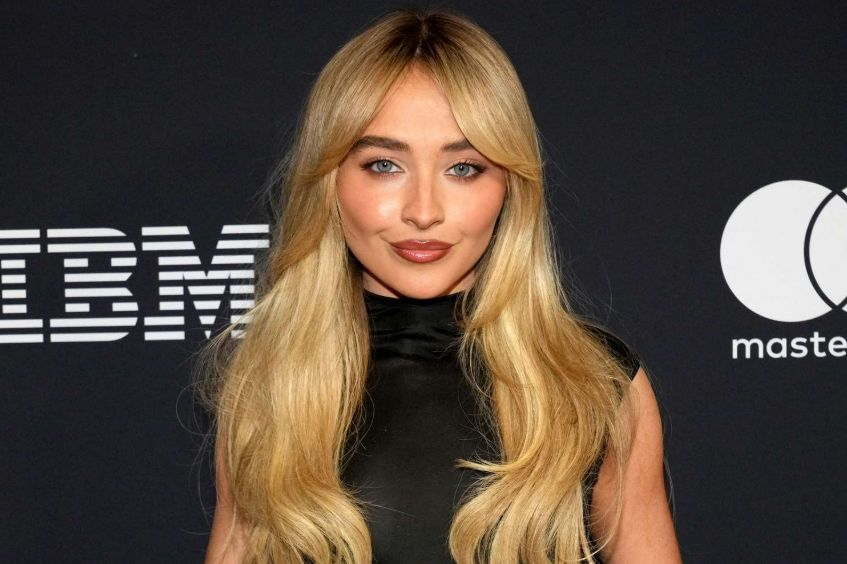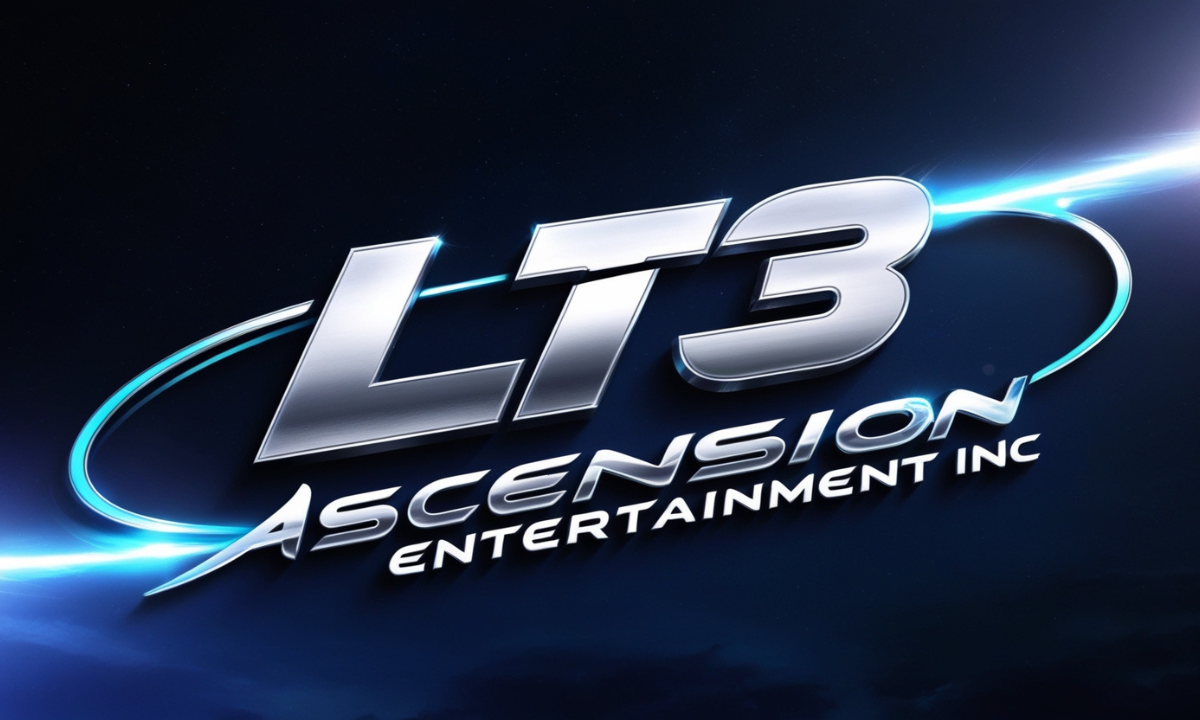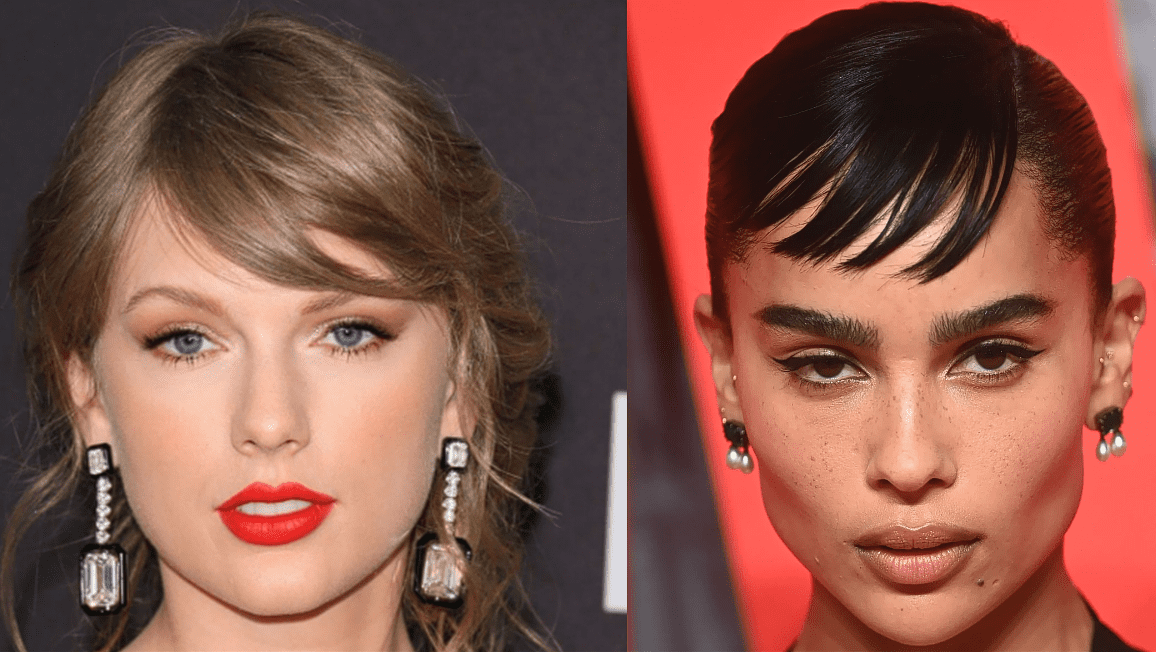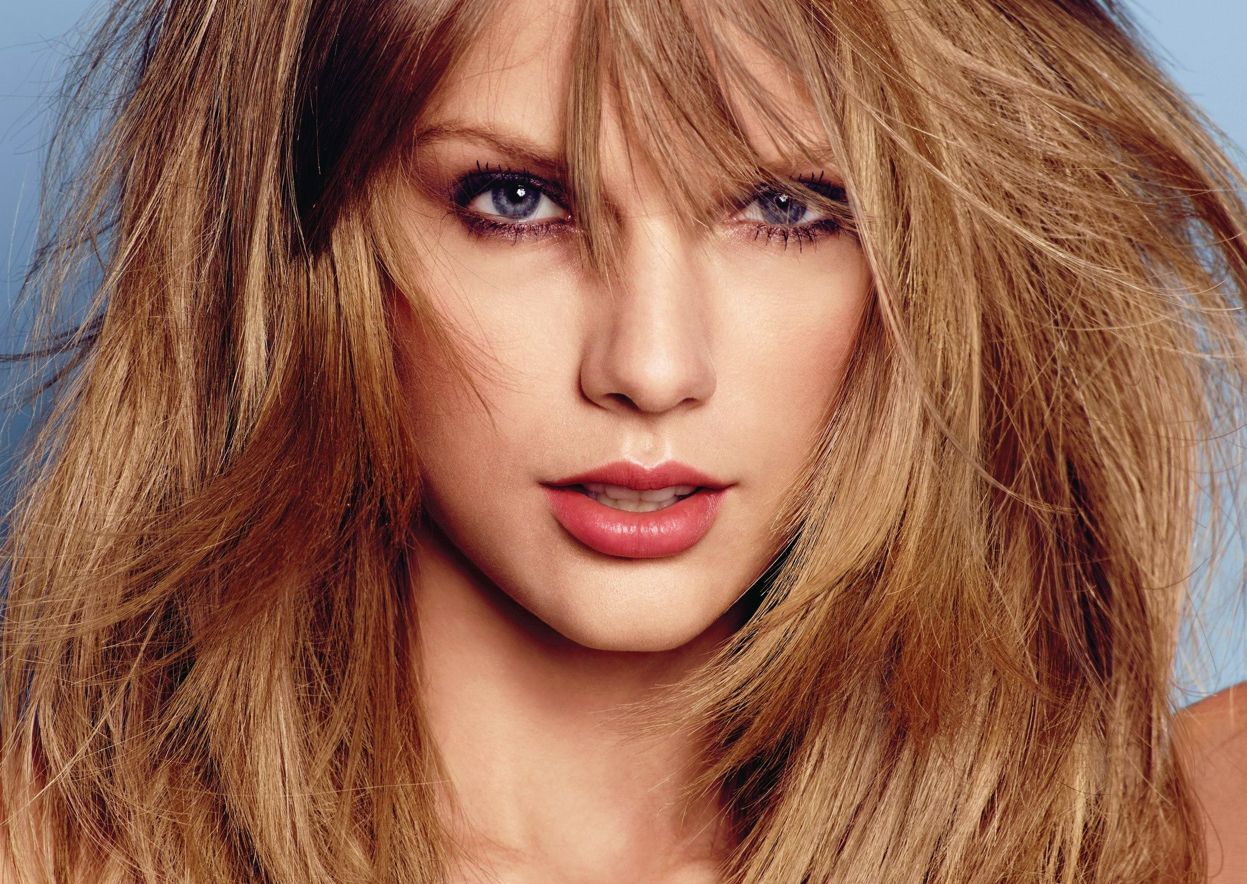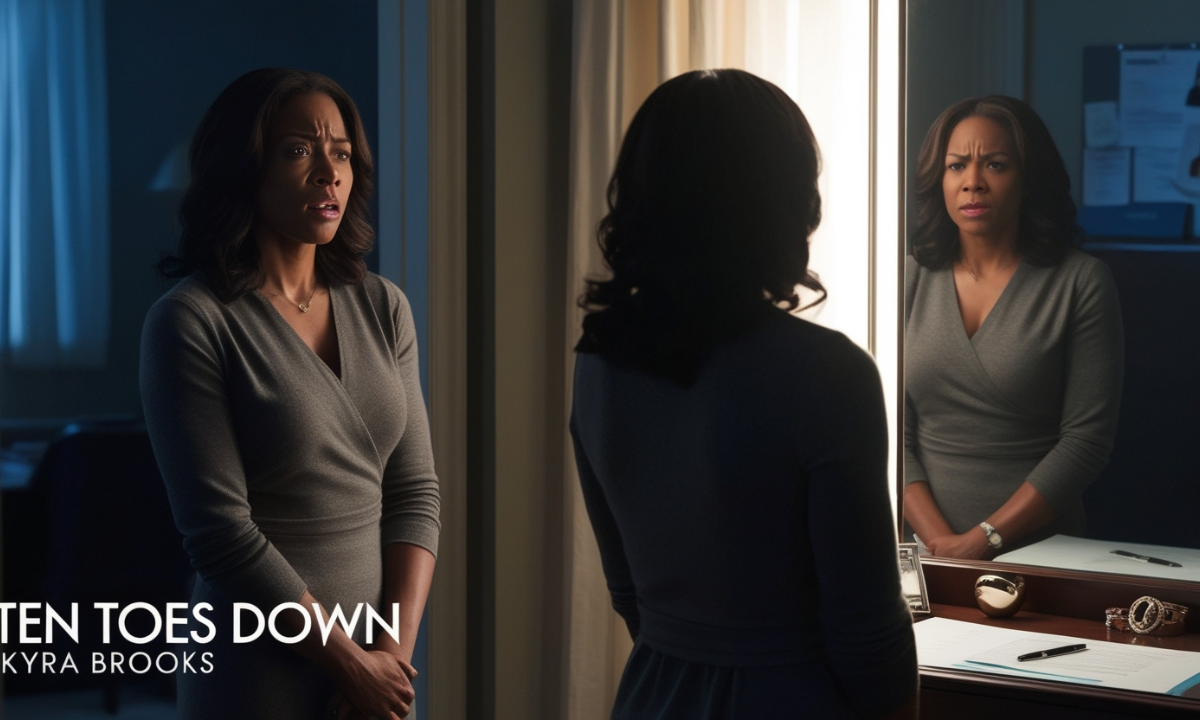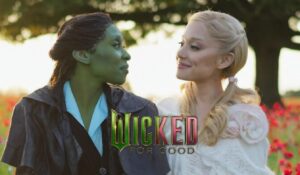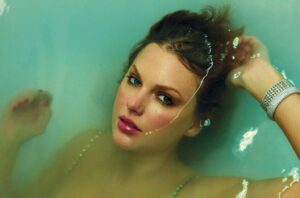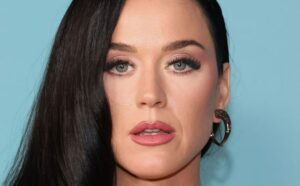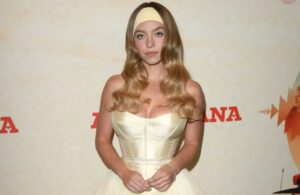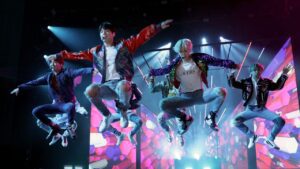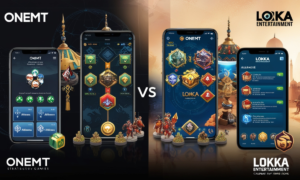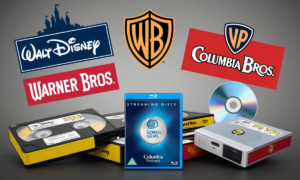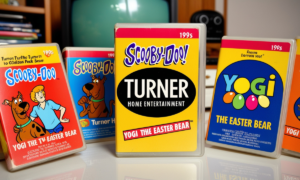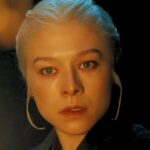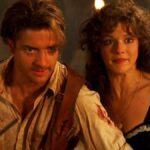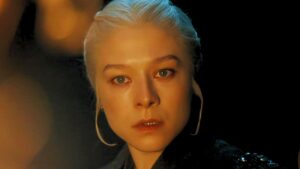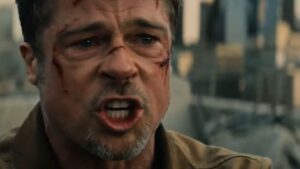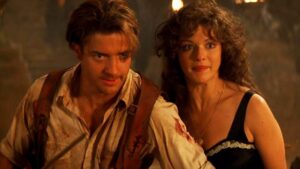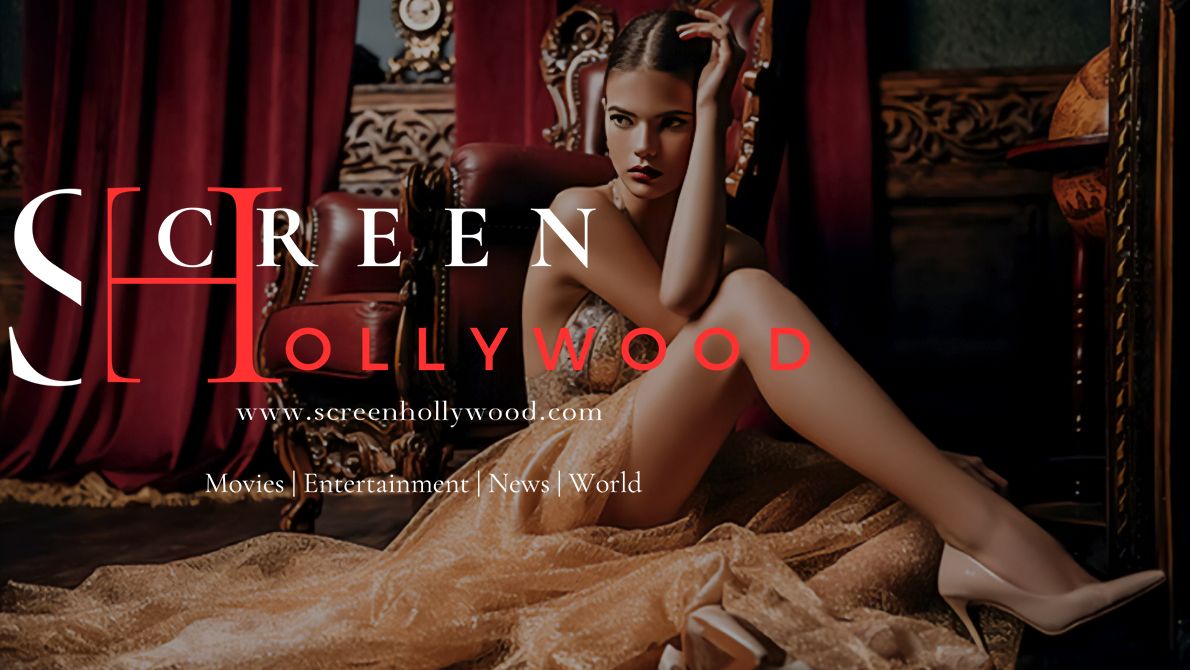Why Hollywood’s ‘Alice in Wonderland’ Musical is Sabrina Carpenter’s Biggest Risk Yet
In the ruthless arena of modern pop, Sabrina Carpenter is undeniably a victor. Riding the stratospheric success of a chart-dominating single and armed with immense cultural capital, she stands at a critical juncture in her career—a moment where every choice is a statement. Which is precisely why the news that her next major project is a musical remake of Alice in Wonderland feels less like a triumphant leap forward and more like a baffling step into a creative rabbit hole from which many projects never return.
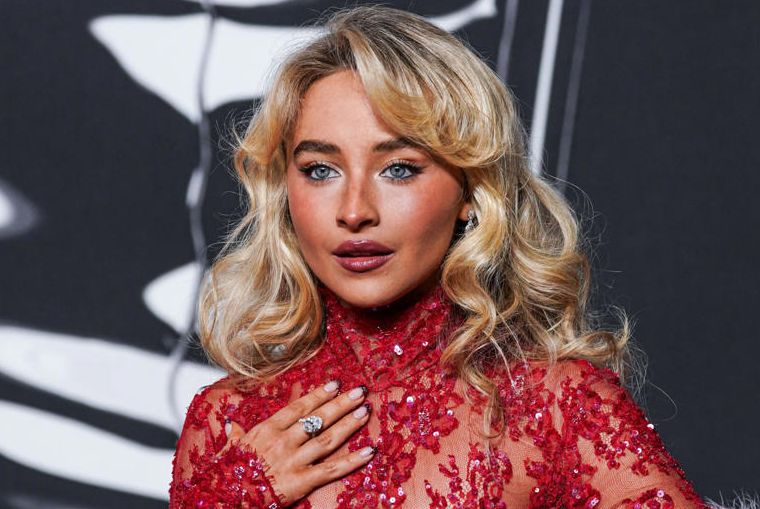
For an artist who has masterfully cultivated an image of being sharp, witty, and confrontational, this feels like a bewilderingly safe choice. Carpenter has evolved far beyond her Disney origins, using her platform to make bold artistic and even political statements. This project, however, lands with the thud of familiarity in an industry already buckling under the weight of its own nostalgia. It begs the question: in an era of profound remake fatigue, why would one of music’s freshest voices choose to retell one of literature’s most-told tales?
The landscape is littered with the ghosts of reboots past. Audiences are growing increasingly cynical toward Hollywood’s reliance on established IP. We see it in the pre-emptive groans over yet another Frankenstein adaptation and the fierce online debates surrounding the controversial Harry Potter TV series. Even the mighty Disney has reportedly pumped the brakes on its live-action remake factory after a series of diminishing returns. The lesson is clear: familiarity is no longer a guaranteed ticket to success.
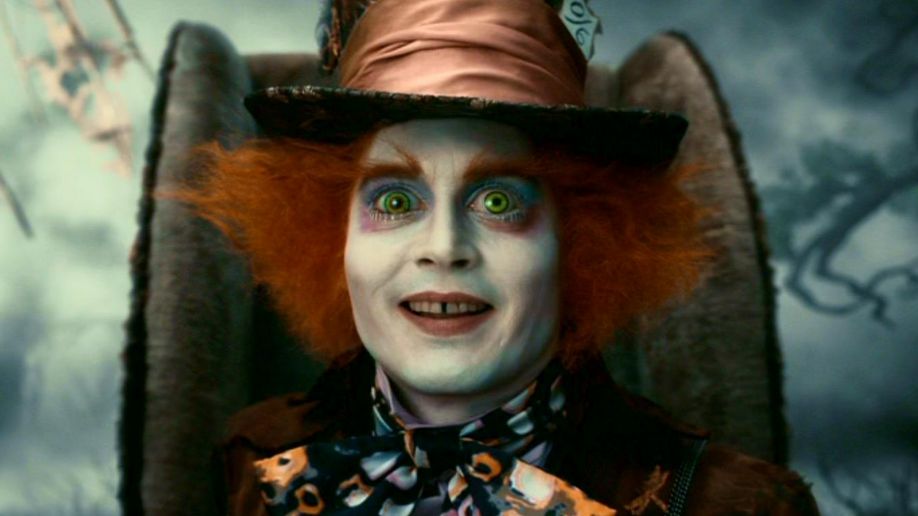
And when it comes to Alice in Wonderland, that familiarity is particularly acute. The story, penned by Lewis Carroll in the 19th century, has been mined for content endlessly. We need only look back to Tim Burton’s live-action duology to see a case study in this fatigue. His 2010 film was a box office behemoth, crossing the billion-dollar mark with its unique visual flair. Yet, just six years later, its sequel, Alice Through the Looking Glass, bombed spectacularly, signalling a clear audience burnout. For Carpenter’s version to succeed, it must not only be different from Burton’s vision and the animated classic; it must justify its very existence.
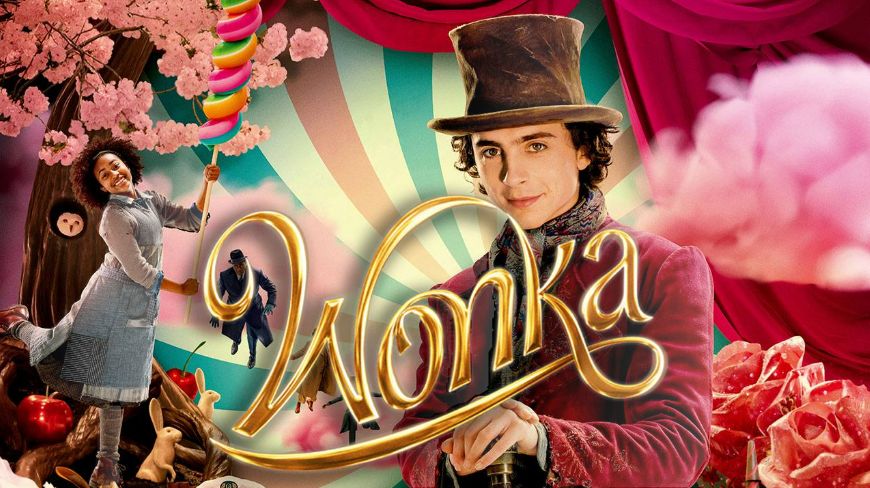
The project’s primary selling point appears to be its genre: a full-blown musical. But this path is its own creative and commercial minefield. The movie musical has become one of Hollywood’s most volatile genres. For every staggering success like Wicked—a film buoyed by two decades of built-in stage show devotion—there are a dozen cautionary tales. Joker: Folie à Deux was so terrified of the “musical” label its marketing barely acknowledged the songs, and it still faltered. Mean Girls: The Musical was a moderate success but failed to escape the shadow of its iconic 2004 predecessor, while Timothée Chalamet’s Wonka, though profitable, has left a surprisingly small cultural footprint.
This is the treacherous ground Carpenter’s project must navigate. The key to its survival may lie with the creative team behind the camera. The choice of Lorene Scafaria (Hustlers, Nick & Norah’s Infinite Playlist) to write and direct offers a glimmer of hope. Scafaria is a filmmaker with a distinct voice, known for her sharp writing and stylish, character-driven stories. Her involvement suggests this won’t be a paint-by-numbers studio product. If anyone can find a fresh, modern angle into this well-worn story, it’s her.
Furthermore, Carpenter is not just the star; she is a producer, having reportedly pitched the idea years ago when her star power wasn’t quite bright enough. Now, with the world’s attention, she has the opportunity to shape the film into something truly special, potentially even contributing her own songwriting talents.
This is the tightrope the film must walk. To succeed, it cannot be a safe, sanitized journey down the rabbit hole. Carroll’s novel is a masterpiece of surrealism, a psychedelic exploration of logic, identity, and madness. That is the source material to embrace. The film must lean into its musical identity without apology, delivering an unhinged, visually inventive, and sonically bold adventure that feels dangerous and new. If it plays it safe, it risks becoming another forgotten adaptation, a disposable piece of content that squanders the immense talent of its star.
For Sabrina Carpenter, this isn’t just another role. It’s a high-stakes bet on one of the oldest stories in the book. We can only hope she and her team have a truly mad vision up their sleeves. Otherwise, audiences may simply choose not to follow her into Wonderland at all.

